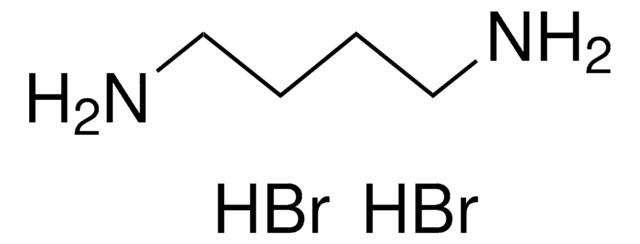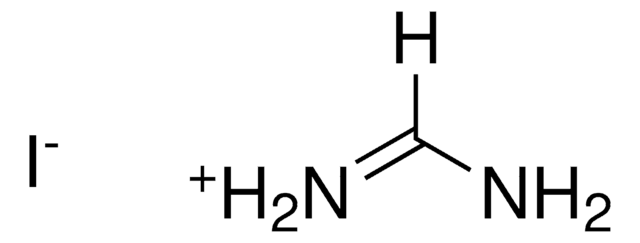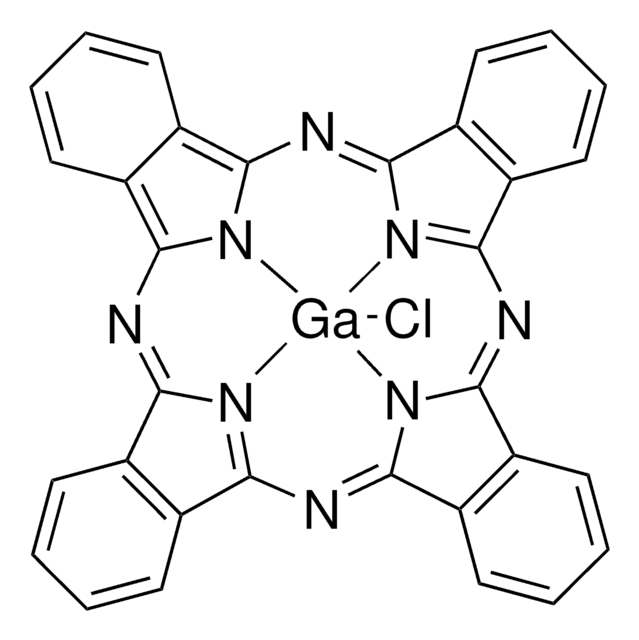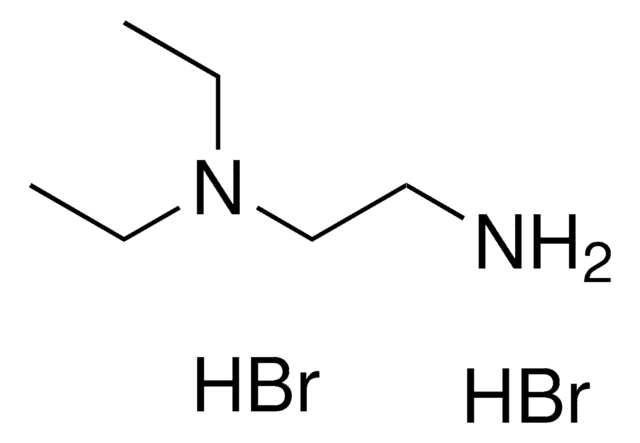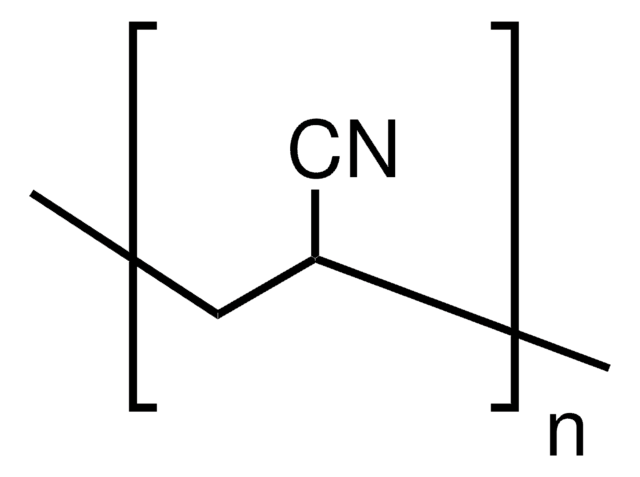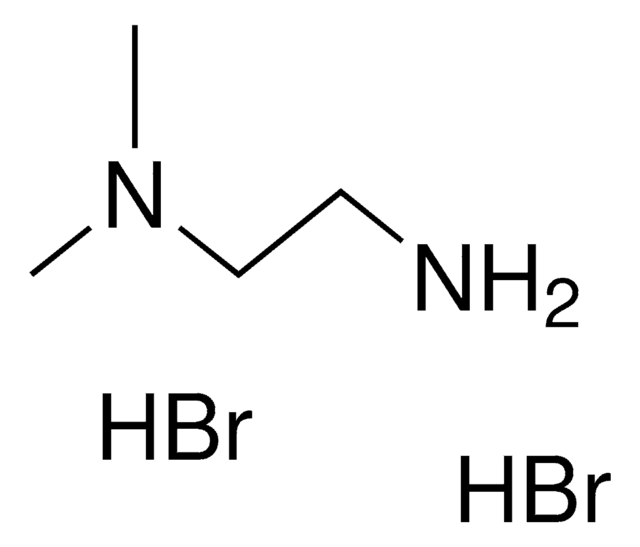912093
N,N-Diethylpropane-1,3-diammonium bromide
Synonyme(s) :
DEPDAB, Greatcell Solar®
Se connecterpour consulter vos tarifs contractuels et ceux de votre entreprise/organisme
About This Item
Formule empirique (notation de Hill):
C7H20Br2N2
Poids moléculaire :
292.06
Code UNSPSC :
12352101
Nomenclature NACRES :
NA.23
Produits recommandés
Application
Organohalide based perovskites have emerged as an important class of material for solar cell applications. The variations/substitution in organohalide cations and anions is employed for the optimization of the band gap, carrier diffusion length, and power conversion efficiency of perovskites based solar cells.
Informations légales
Product of Greatcell Solar Materials Pty Ltd.
Greatcell Solar is a registered trademark of Greatcell Solar Materials Pty Ltd.
Greatcell Solar is a registered trademark of Greatcell Solar Materials Pty Ltd.
Greatcell Solar is a registered trademark of Greatcell Solar
Code de la classe de stockage
11 - Combustible Solids
Classe de danger pour l'eau (WGK)
WGK 3
Point d'éclair (°F)
Not applicable
Point d'éclair (°C)
Not applicable
Faites votre choix parmi les versions les plus récentes :
Certificats d'analyse (COA)
Lot/Batch Number
Désolés, nous n'avons pas de COA pour ce produit disponible en ligne pour le moment.
Si vous avez besoin d'assistance, veuillez contacter Service Clients
Déjà en possession de ce produit ?
Retrouvez la documentation relative aux produits que vous avez récemment achetés dans la Bibliothèque de documents.
Shanshan Zhang et al.
Advanced materials (Deerfield Beach, Fla.), 31(30), e1901090-e1901090 (2019-06-06)
2D Ruddlesden-Popper perovskite (RPP) solar cells have excellent environmental stability. However, the power conversion efficiency (PCE) of RPP cells remains inferior to 3D perovskite-based cells. Herein, 2D (CH3 (CH2 )3 NH3 )2 (CH3 NH3 )n-1 Pbn I3n+1 perovskite cells with
High Efficiency and High Open Circuit Voltage in Quasi 2D Perovskite Based Solar Cells.
Cohen B E, et al.
Advances in Functional Materials, 27(5), 1604733-1604733 (2017)
Lingling Mao et al.
Journal of the American Chemical Society, 139(14), 5210-5215 (2017-03-18)
Hybrid inorganic-organic perovskites are developing rapidly as high performance semiconductors. Recently, two-dimensional (2D) perovskites were found to have white-light, broadband emission in the visible range that was attributed mainly to the role of self-trapped excitons (STEs). Here, we describe three
Eran Edri et al.
The journal of physical chemistry letters, 4(6), 897-902 (2013-03-21)
Mesoscopic solar cells, based on solution-processed organic-inorganic perovskite absorbers, are a promising avenue for converting solar to electrical energy. We used solution-processed organic-inorganic lead halide perovskite absorbers, in conjunction with organic hole conductors, to form high voltage solar cells. There
Notre équipe de scientifiques dispose d'une expérience dans tous les secteurs de la recherche, notamment en sciences de la vie, science des matériaux, synthèse chimique, chromatographie, analyse et dans de nombreux autres domaines..
Contacter notre Service technique
